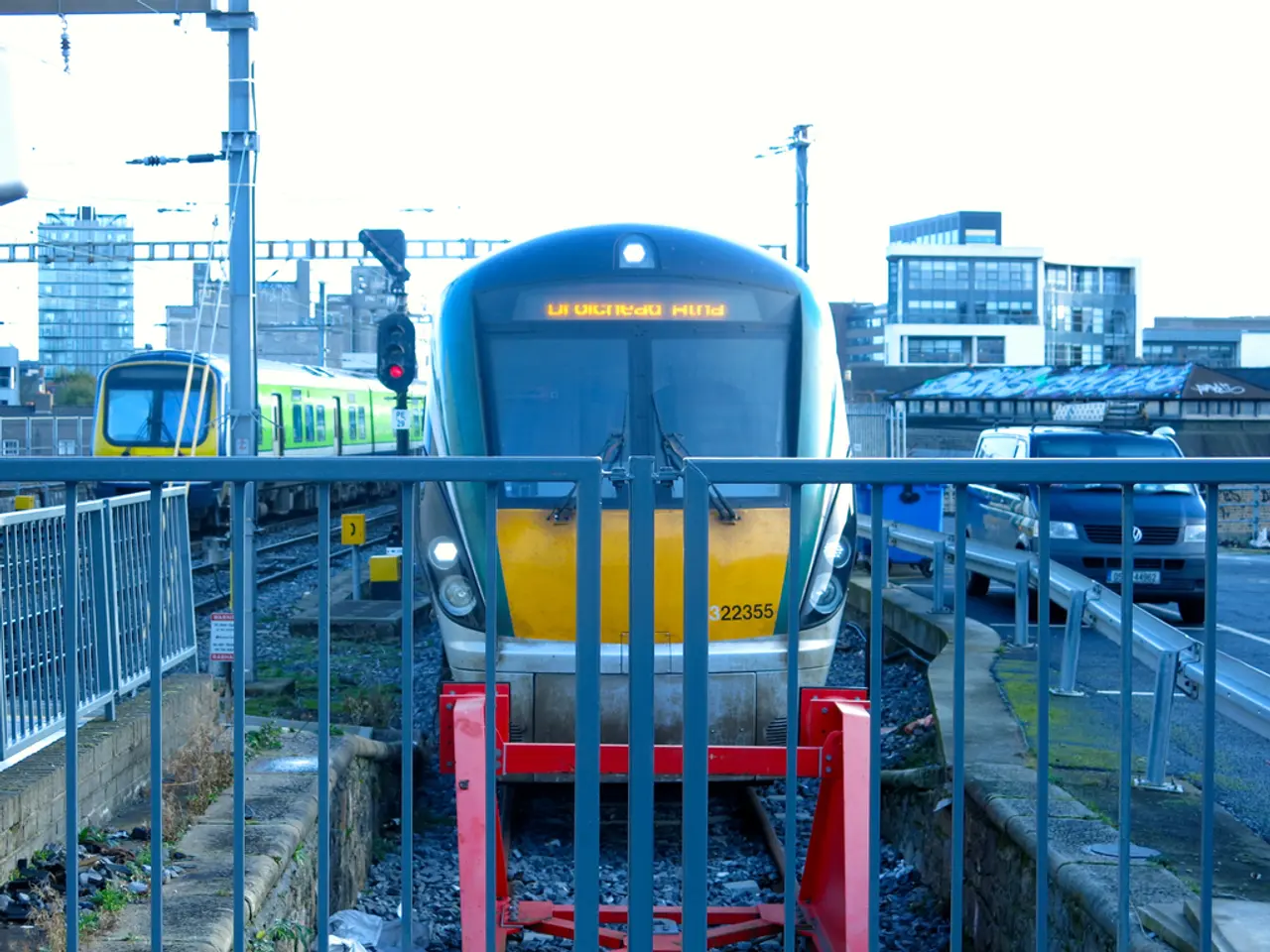Electric Rail Systems to Implement Unified 20-Baht Fare Across All Lines, According to Official Announcement
Thailand is set to introduce a flat fare of 20 baht for all electric rail lines across Bangkok and its suburbs, starting on October 1, 2025. The policy will cover 13 rail lines, spanning a total of 279.84 kilometres and serving 194 stations.
The long-term funding for this initiative involves the establishment of a state-run fund. This fund will be used to buy back concessions from private rail operators, thereby bringing the rail lines under state control. For the first year, the project will be managed using the Ministry of Transport's budget, supplemented by a government subsidy of approximately 7 to 8 billion baht. From the second year onward, this newly formed fund will take over financial responsibility, ensuring the policy's long-term sustainability.
Registration for the new flat fare will open on August 25, 2025, via the "Tang Rat" mobile application. To be eligible, users must be Thai nationals and provide their 13-digit national ID number. The registration process will not affect the October 1 implementation date of the 20-baht fare.
The Ministry of Finance and the Ministry of Transport are currently finalizing the budget for the new fund. Once registered, passengers can use their credit cards, debit cards, or existing Rabbit Cards to access the 20-baht fare.
The aim of the new fund is to bring the rail concessions back under state management, securing the long-term sustainability of the policy without relying indefinitely on annual government subsidies. The government plans to have a definitive plan for the fund's budget and structure by the end of August 2025.
This policy is part of the government's broader efforts to reduce the cost of living for the public, including lowering utility and energy expenses. The registration for the new flat fare will open on August 25, 2025, and the policy is expected to make public transportation more affordable and accessible.
However, the full implementation of the policy may be delayed due to the enactment of three key laws, including amendments related to the Mass Rapid Transit Authority of Thailand (MRTA) and common ticketing bills. While the government aims to launch the fare policy on October 1, 2025, passage of these laws through parliamentary processes may postpone the official start.
This plan aims to keep the 20-baht flat fare both effective and financially sustainable while expanding public access. Officials are also exploring the possibility of adopting an infrastructure fund model as part of this strategy.
[1] "Thailand to implement 20-baht flat fare for electric rail lines starting October 1, 2025", The Nation, [date of publication not provided] [2] "Thailand's 20-baht flat fare electric rail policy: Long-term funding and implementation details", Bangkok Post, [date of publication not provided] [3] "Thailand's 20-baht flat fare electric rail policy: Public registration and potential delays", The Standard, [date of publication not provided] [4] "Thailand's 20-baht flat fare electric rail policy: Part of broader efforts to reduce cost of living", The Bangkok Times, [date of publication not provided] [5] "Thailand's 20-baht flat fare electric rail policy: Infrastructure fund model under consideration", The Bangkok Post, [date of publication not provided]
- The new policy to introduce a 20-baht flat fare for all electric rail lines in Bangkok is funded via a state-run fund that aims to ensure long-term sustainability in the financing of public transportation.
- The Ministry of Finance and the Ministry of Transport are collaborating to establish this fund, with the first year's management coming from the Ministry of Transport's budget, augmented by a government subsidy.
- Infrastructure expansion is a key component of this policy, as the government considers the adoption of an infrastructure fund model to support the rail lines' operation.
- The policy is part of a broader government initiative to lower the cost of living for the public, including reducing utility and energy expenses.
- The implementation of this policy may face delays due to the enactment of key laws, such as amendments related to the Mass Rapid Transit Authority of Thailand (MRTA) and common ticketing bills, but officials are diligently working to address these hurdles.




